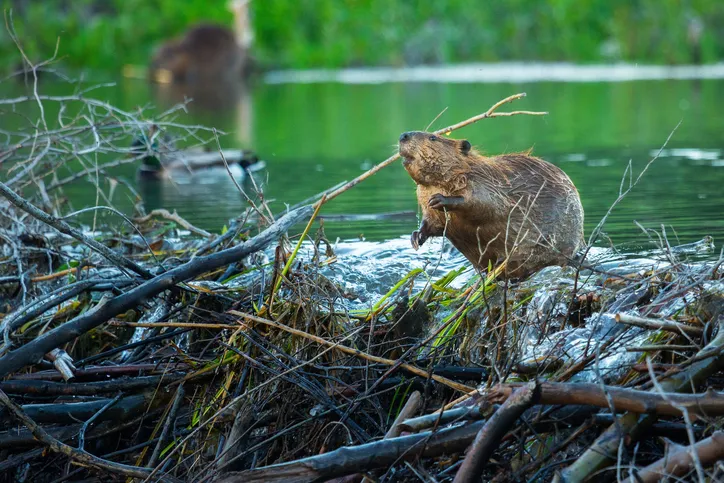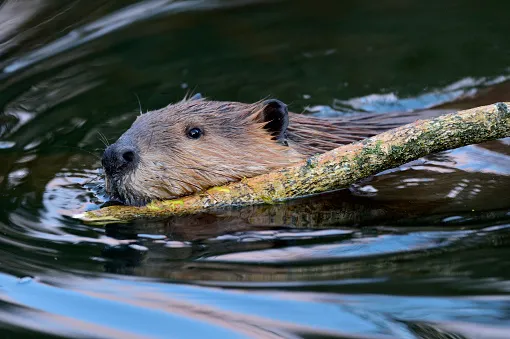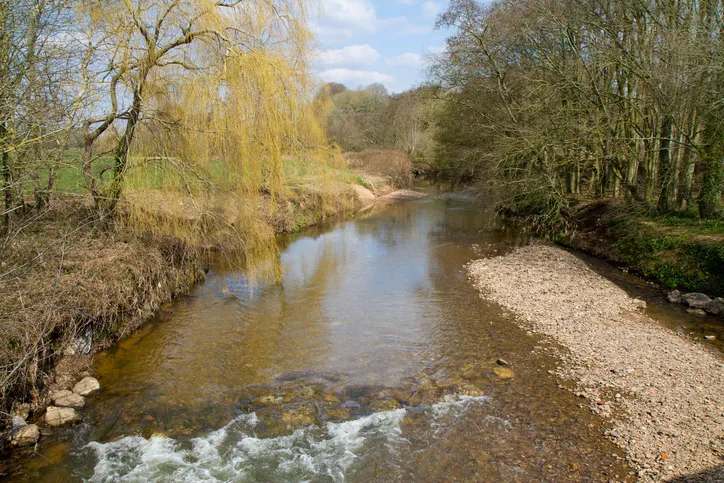Research undertaken by scientists at the University of Exeter has revealed that beaver dams help to reduce the flow of soil and nutrients from surrounding farmland into rivers.
The study was conducted using a captive beaver trial run by Devon Wildlife Trust at a secret, 2.5-hectare enclosure in West Devon to reveal that the dams created by a single family of beavers had removed significant levels of sediment, phosphorus and nitrogen from the water.

The family of beavers have built 13 dams in the fenced site since their arrival in 2011, creating a succession of deep ponds and slow-moving water on what was once a small stream.
"Sediment trapped by the dams contained high concentrations of nitrogen and phosphorus, both harmful to wildlife in rivers and streams."
Led by hydrologist Professor Richard Brazier, the researchers measured the levels of phosphorus, nitrogen and suspended sediment in the water before, after and within the site to assess the impact of the beavers’ ponds and dams.
The results showed that the dams had trapped over 100 tonnes of sediment (70% soil) from the surrounding intensively managed grassland.

The study also found that the sediment trapped by the dams contained high concentrations of nitrogen and phosphorus, both harmful to wildlife in rivers and streams.
“It is of serious concern that we observe such high rates of soil loss from agricultural land, which are well in excess of soil formation rates. However, we are heartened to discover that beaver dams can go a long way to mitigate this soil loss and also trap pollutants which lead to the degradation of our water bodies,” said Professor Richard Brazier.
“Were beaver dams to be commonplace in the landscape we would no doubt see these effects delivering multiple benefits across whole ecosystems, as they do elsewhere around the world.”
Not far from the West Devon site, Devon Wildlife Trust is involved in a second project – a population of wild beavers on the River Otter in East Devon.

The charity’s Director of Conservation and Development, Peter Burgess said:
“Our partnership with Exeter University working on both our fenced and unfenced beaver trials is revealing information which shows the critical role beavers can play, not only for wildlife, but the future sustainability of our land and water. It is truly inspiring to have our observations confirmed by detailed scientific investigations.”
Sediment and Nutrient Storage in a Beaver Engineered Wetland is published in the academic journal, Earth Processes and Landforms.

